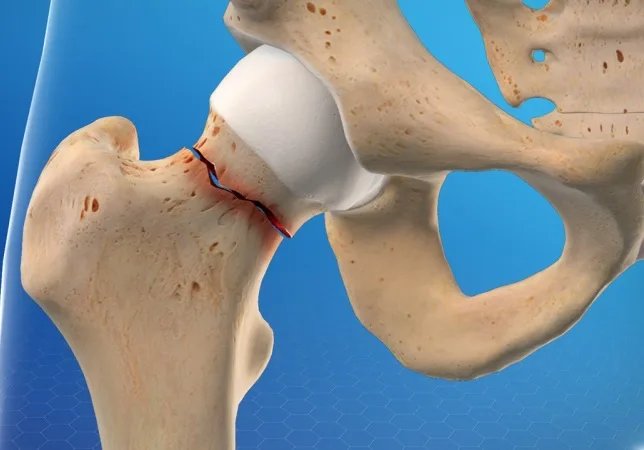Testosterone Therapy and Hip Fracture Recovery in Older Women: What You Need to Know
Hip fractures are a significant health concern for older women, often leading to decreased mobility and physical function. Recent research has explored the potential benefits of testosterone therapy in improving recovery outcomes. This article delves into the latest findings and what they mean for older women dealing with hip fractures.
Understanding Hip Fractures in Older Women
Hip fractures can have a devastating impact on an older woman’s quality of life. They often result in:
- Reduced mobility
- Increased risk of complications
- Prolonged recovery periods
- Decreased independence
Traditional treatments focus on surgical repair and rehabilitation, but researchers are continuously looking for ways to enhance recovery and improve long-term outcomes.
The Role of Testosterone Therapy
Testosterone, while often associated with men, also plays a crucial role in women’s health. It contributes to muscle strength, bone density, and overall physical function. As women age, testosterone levels naturally decline, potentially impacting their ability to recover from injuries like hip fractures.
New Research on Testosterone and Recovery
Recent studies have investigated whether testosterone therapy can aid in the recovery process for older women after a hip fracture. The research explores several key areas:
- Mobility Improvement: Does testosterone therapy help women regain their ability to move and walk more effectively?
- Physical Function: Can testosterone boost muscle strength and overall physical performance during rehabilitation?
- Bone Density: Does testosterone therapy contribute to improved bone density, reducing the risk of future fractures?
Study Findings: A Closer Look
While research is ongoing, some initial findings suggest potential benefits. Some studies have indicated that testosterone therapy, when combined with traditional rehabilitation, may lead to:
- Faster recovery times
- Greater improvements in muscle strength
- Enhanced overall physical function
However, it’s important to note that more extensive research is needed to confirm these findings and understand the long-term effects and potential risks associated with testosterone therapy in older women.
Considerations and Precautions
Before considering testosterone therapy, it’s crucial for older women to consult with their healthcare providers. Factors to consider include:
- Individual health history
- Potential side effects
- Interactions with other medications
- Proper dosage and administration
Testosterone therapy should always be administered under the guidance of a qualified medical professional.
Final Overview
Testosterone therapy shows promise as a potential adjunct treatment for older women recovering from hip fractures. While early research is encouraging, more studies are needed to fully understand its benefits and risks. It’s essential for women to discuss their options with their healthcare providers to determine the best course of action for their individual needs and circumstances.




+ There are no comments
Add yours